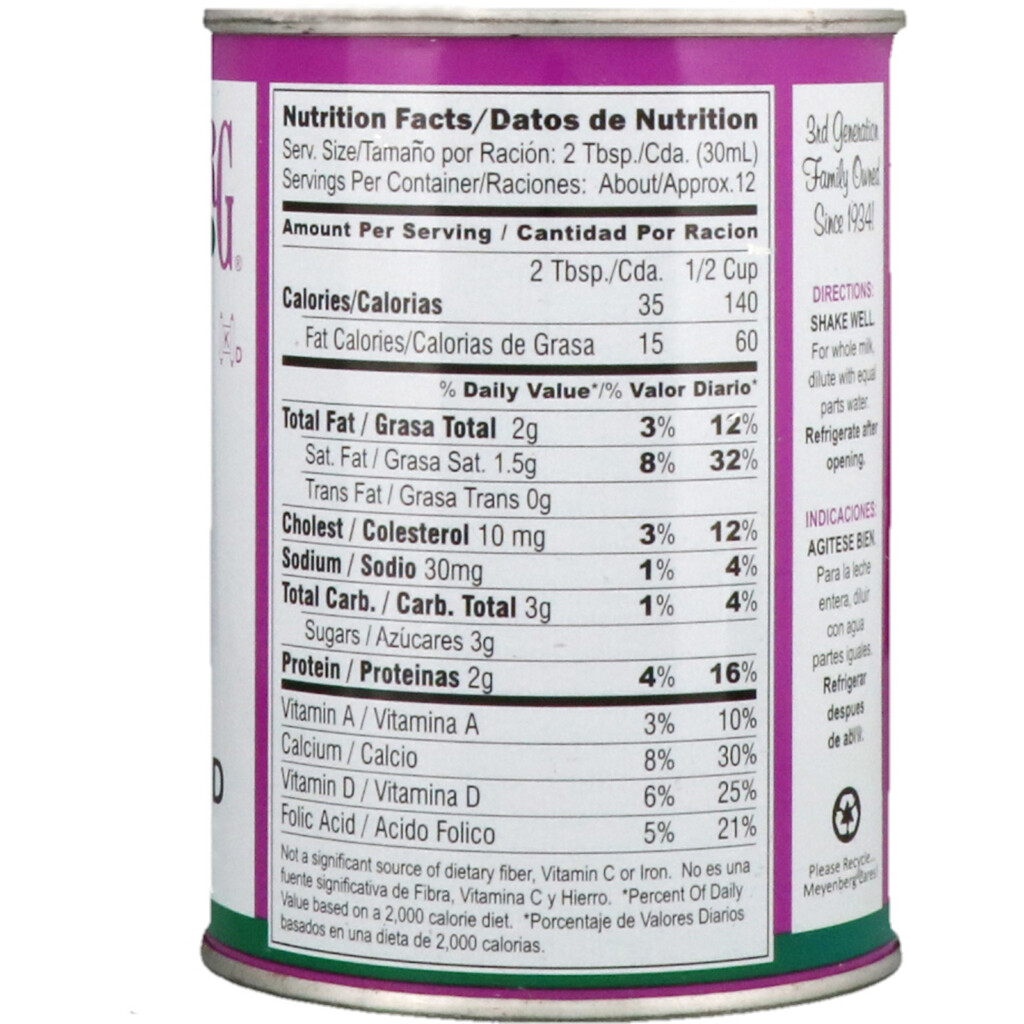Goat milk is a nutritious alternative to cow’s milk, offering a range of health benefits. It is easier to digest than cow’s milk, making it a good option for those with lactose intolerance. Goat milk is also rich in vitamins and minerals, including calcium, phosphorus, and vitamin D, which are essential for bone health. Additionally, goat milk contains higher levels of certain nutrients, such as vitamin A and potassium, compared to cow’s milk.
One cup of goat milk (240 ml) contains approximately 168 calories, 10 grams of fat, 10 grams of carbohydrates, and 9 grams of protein. It is also a good source of calcium, providing about 327 mg per cup, which is similar to the amount found in cow’s milk. Goat milk is lower in cholesterol compared to cow’s milk and contains healthy fats, such as medium-chain triglycerides, that can support heart health. Additionally, goat milk is a good source of riboflavin, a B vitamin that plays a key role in energy production.
Goat Milk Nutrition Information
Incorporating Goat Milk into Your Diet
There are many ways to incorporate goat milk into your diet, such as drinking it plain, using it in cooking and baking, or making homemade goat milk products like cheese and yogurt. Goat milk can be a tasty and nutritious addition to smoothies, oatmeal, or coffee. It can also be used as a substitute for cow’s milk in recipes that call for dairy. When choosing goat milk products, look for options that are organic and free from additives and preservatives for the best nutritional value.
